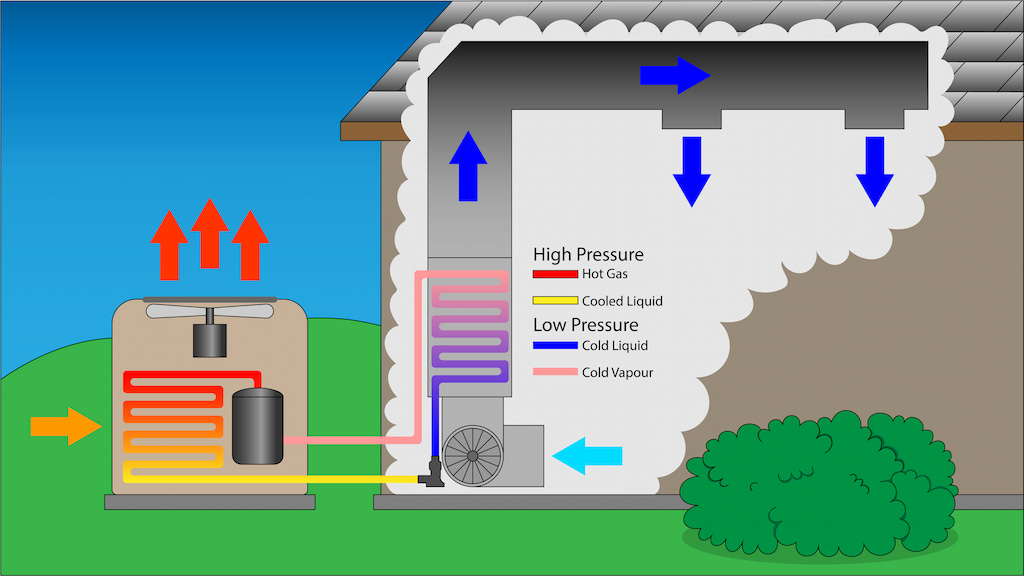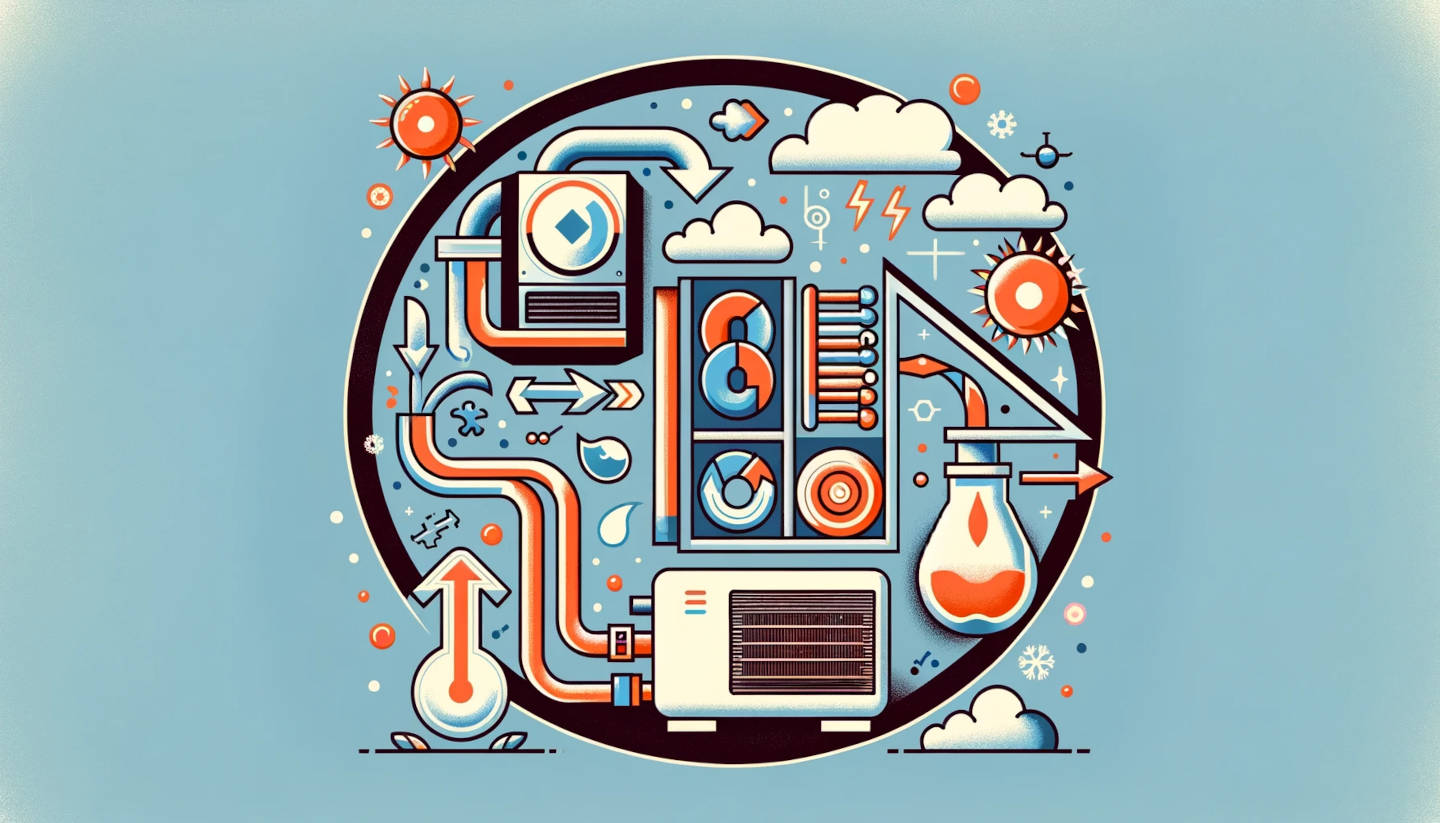When we talk about comfort in our homes or workplaces, the HVAC (Heating, Ventilation, and Air Conditioning) system plays a pivotal role. But have you ever wondered how these systems manage to keep us warm in winter and cool in summer? This blog post, focusing on “HVAC Science,” will unravel the mysteries of these essential systems.
The Basics of HVAC Systems
HVAC systems are marvels of engineering, designed to maintain a comfortable indoor environment regardless of the weather outside. They consist of three primary components: a heating unit, a cooling unit, and ventilation equipment.
- Heating Systems: These include furnaces and boilers. They typically work by burning fuel (like natural gas, oil, or propane) or using electricity to generate heat. This heat is then distributed throughout your home via ductwork or radiators.
- Cooling Systems: Most commonly, these are air conditioners. They operate on the principle of refrigeration, absorbing heat from the air inside your home and transferring it outside. This process involves a refrigerant, a substance that changes from a liquid to a gas and back again, effectively removing heat from the air.
- Ventilation: This involves the exchange of indoor air with outdoor air, ensuring the indoor air quality is maintained. Ventilation can be as simple as opening a window or as complex as having a network of ducts and fans.
How HVAC Systems Work: A Closer Look
The magic of HVAC science lies in thermodynamics, fluid mechanics, and heat transfer. Let’s break it down:
- Thermodynamics: This is the science of heat power. In HVAC systems, thermodynamics explains how heat moves from a warmer area (like inside your home during summer) to a cooler area (outside your home).
- Fluid Mechanics: This involves the movement of air and refrigerants throughout the system. For instance, when your air conditioner is running, the refrigerant absorbs heat from indoor air and releases it outdoors.
- Heat Transfer: This refers to how heat moves from one place to another. In heating systems, heat is transferred from the furnace or boiler to the air or water, which is then circulated throughout your home.

Seasonal Maintenance: A Key to Efficiency
Understanding HVAC science and systems also underscores the importance of regular maintenance. Seasonal check-ups can ensure that your system operates efficiently, saving you money on energy bills and extending the life of your equipment.
In Conclusion
The science behind HVAC systems is both fascinating and practical. By understanding these principles, you can better appreciate the complexity and efficiency of your home’s heating and cooling system.
For expert advice, maintenance, and upgrades of your HVAC system, turn to the professionals at AAA Heating & Air. We are intimately familiar with the science, the mechanics, and the electrical systems related to HVAC and can help ensure that your system is operating at peak efficiency and keeping your home comfortable all year round. Contact us today at (803) 920-3771 to learn more about our services and how we can enhance and maintain the comfort of your home. Or, CLICK HERE to request our services online right here, right now.
Written by: Jared M. Sewell

